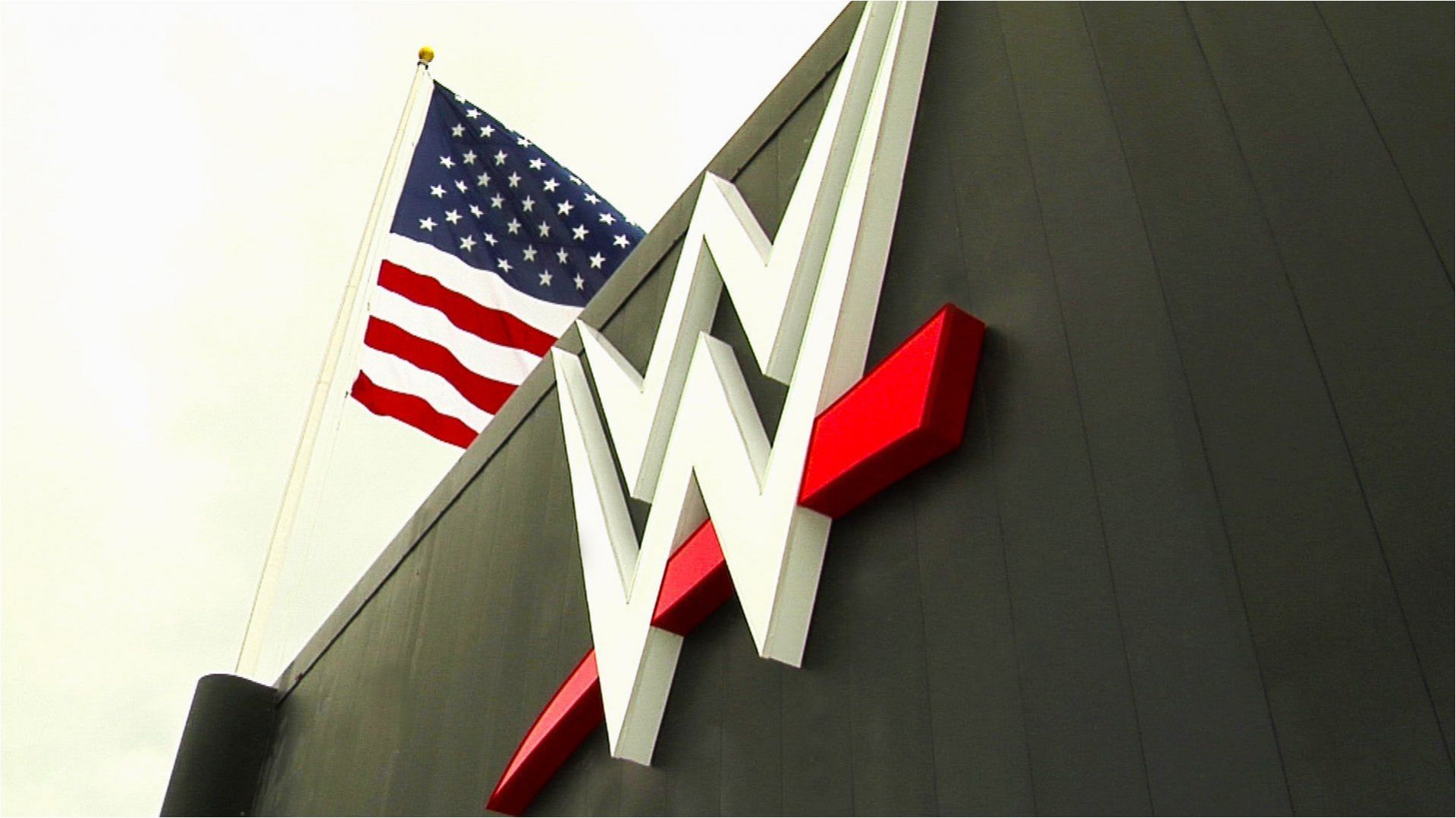**Sony Bank’s Crypto Banking Plan Sparks Debate Over Federal Regulations**
Sony Bank is seeking to launch a new company called Connectia Trust, which would issue digital coins tied to the U.S. dollar and provide secure storage of crypto assets for customers. However, community banks argue that this plan violates federal banking rules and could ultimately harm consumers.
—
### Sony’s Digital Banking Plan
On October 6, Sony Bank filed paperwork to establish Connectia Trust as a national trust bank. According to the application submitted to the Office of the Comptroller of the Currency (OCC), Connectia Trust would operate from 25 Madison Avenue in New York City and primarily focus on three services:
– Creating stablecoins backed one-to-one by U.S. dollars
– Safely storing digital assets for customers
– Managing cryptocurrency investments for Sony companies
Sony joins prominent firms such as Coinbase, Circle, and Ripple in seeking similar federal licenses. These applications follow President Trump’s signing of the GENIUS Act in July, which introduced the first federal regulations for stablecoins.
—
### Banking Groups Push Back Hard
The Independent Community Bankers of America (ICBA) strongly oppose Sony’s plan, calling it “an impermissible reinterpretation” of federal law. Mickey Marshall, the ICBA’s regulatory counsel, stated that Sony appears to want “the benefits of a U.S. bank charter without becoming subject to the full scope of U.S. bank regulations.”
Community bankers worry that Sony’s stablecoins would function similarly to bank deposits but would avoid essential protections. Traditional bank deposits come with federal insurance and banks are required to reinvest in local communities — requirements Sony’s digital coins would sidestep.
The ICBA also raised concerns about Sony Group Corporation’s roughly 20% stake in Sony Financial Group, Connectia Trust’s parent company. They have called on the OCC to investigate whether this ownership creates controlling influence that might trigger additional banking regulations.
—
### Safety Concerns About Crypto Banking
Banking groups warn of significant risks should Connectia Trust fail. Notably, the OCC has not dealt with a failed uninsured national bank since 1933. Managing the collapse of a crypto company could be far more complex than traditional bank failures.
If customers rush to redeem their digital coins, Connectia might be forced to sell Treasury bonds quickly, potentially destabilizing financial markets. The ICBA cautioned that “a single failure in key reassembly or system migration could result in permanent loss of access to billions in customer assets.”
Additionally, the ICBA criticized Sony’s public application for lacking transparency, pointing out omissions regarding reserve management during a crisis and contingency plans for potential cyberattacks.
—
### Wider Battle Over Crypto Banking
Sony’s application is part of a broader conflict between traditional banks and crypto companies. With the stablecoin market now exceeding $311 billion, the sector represents a lucrative opportunity.
In early November, the ICBA requested the OCC to deny Coinbase’s similar application and has filed complaints against multiple crypto firms pursuing federal charters. Conversely, crypto companies resist these challenges: Coinbase’s chief legal officer accused banking lobbyists of “trying to dig regulatory moats” to protect their own interests rather than assist consumers.
Traditional banks have also joined the opposition. In September, three banking trade organizations representing $234 trillion in assets urged regulators to restrict crypto custody services exclusively to established banks. Critics argue this may reflect regulatory capture, wherein incumbent companies use regulations to block new competitors.
—
### What Happens Next
The OCC may take 12 to 18 months to review Sony’s application. Public feedback from groups like the ICBA could further delay the process.
Meanwhile, the Federal Reserve ended its special crypto oversight program in August, signaling a transition of digital asset supervision into standard banking regulatory frameworks. This suggests regulators increasingly view crypto activities as a part of normal banking operations.
Nonetheless, the banking industry’s organized resistance indicates they are unwilling to easily yield market share to technology firms. The resolution of Sony’s application will be a critical indicator of whether crypto firms can compete on equal footing with traditional banks or face regulatory obstacles designed to protect established players.
—
### The Digital Crossroads
Sony’s pursuit of a crypto banking license is more than just a corporate initiative—it represents a pivotal test for the U.S. financial system. The decision will influence whether the country embraces innovation or chooses to shield existing banks from new competitors.
Ultimately, this outcome could shape how Americans access digital financial services for years to come.
https://bitcoinethereumnews.com/crypto/community-banks-fight-sonys-crypto-banking-plans/


